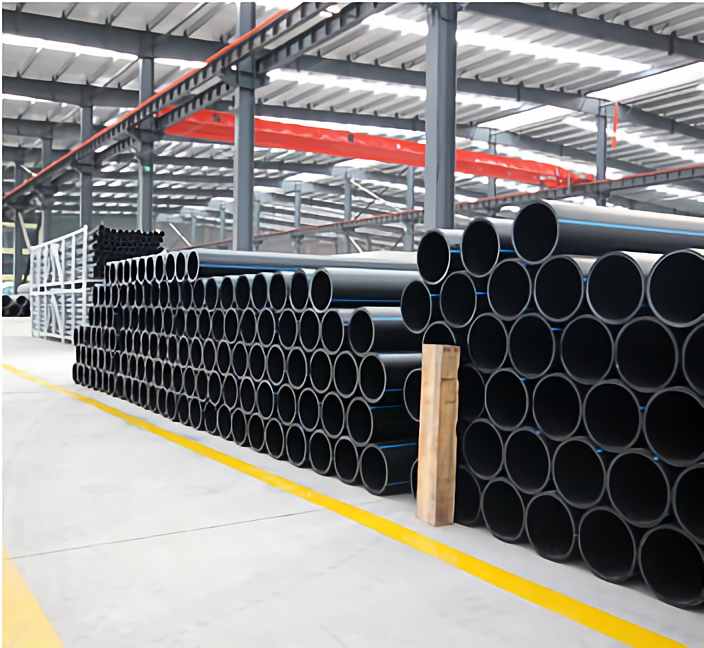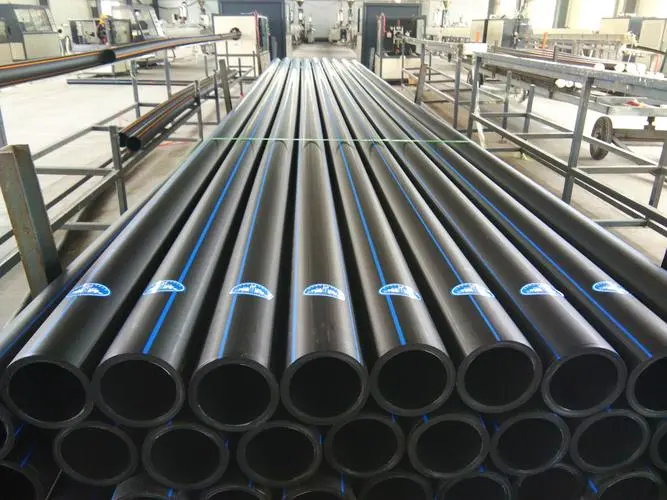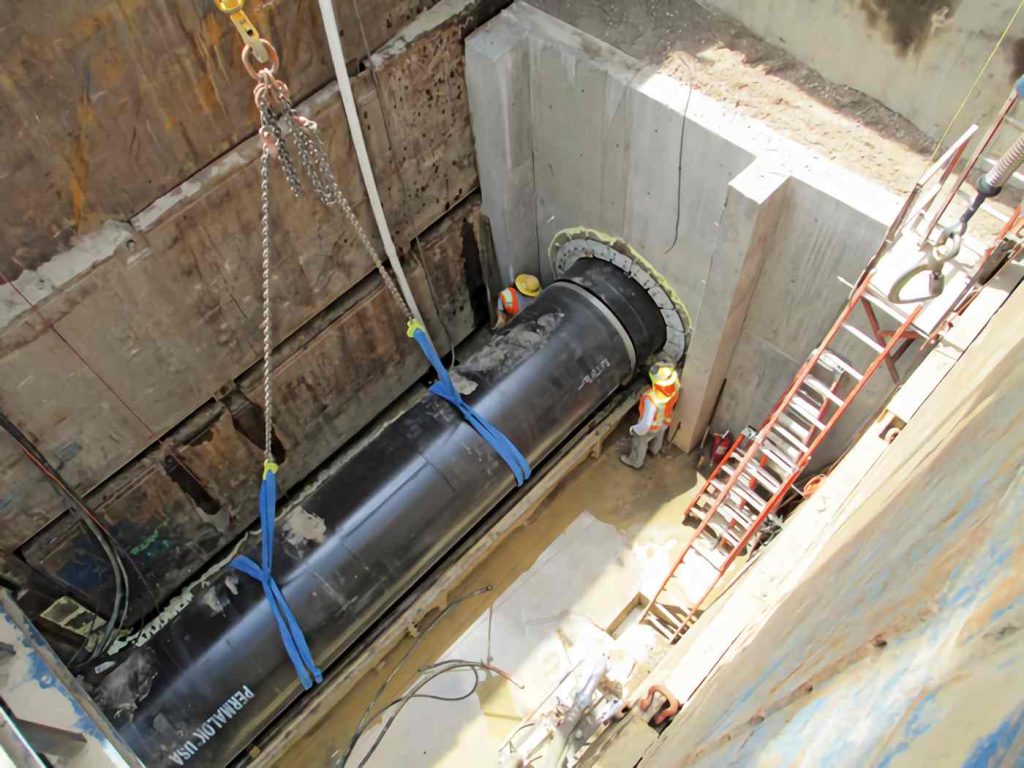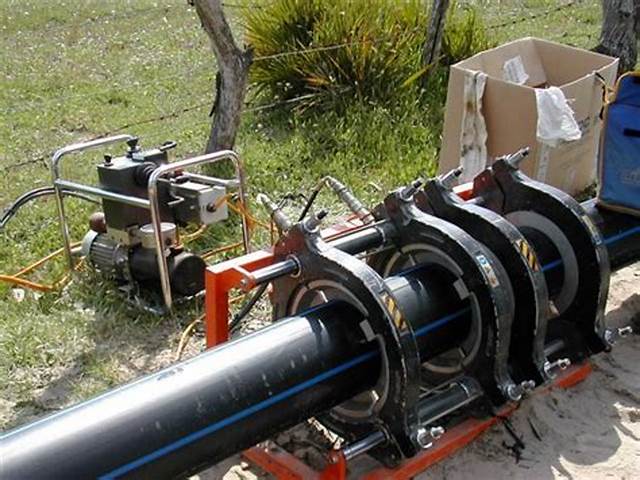In the ever-evolving landscape of construction and infrastructure, High-Density Polyethylene (HDPE) pipes have emerged as a game-changer. As cities expand and the demand for reliable and sustainable piping solutions increases, HDPE pipes are becoming the preferred choice for engineers and contractors worldwide.
What Are HDPE Pipes?
HDPE pipes are made from high-density polyethylene, a thermoplastic polymer known for its high strength-to-density ratio. This material is lauded for its durability, flexibility, and resistance to corrosion and chemicals, making it ideal for a wide range of applications, from water supply and gas distribution to sewage and industrial piping systems.
Key Benefits of HDPE Pipes
Durability and Longevity: HDPE pipes can last for over 50 years, significantly reducing the need for frequent replacements. Their robust nature ensures they can withstand extreme conditions, including high pressure and temperature variations.
Corrosion Resistance: Unlike traditional metal pipes, HDPE pipes do not corrode or rust, even when exposed to aggressive chemicals or saline environments. This resistance translates to lower maintenance costs and a longer lifespan.
Flexibility and Toughness: The flexibility of HDPE pipes allows them to absorb shock and withstand impacts, making them less prone to damage during installation and use. They can also bend without breaking, which is crucial in earthquake-prone areas.
Eco-Friendly: HDPE pipes are environmentally friendly, both in production and use. They require less energy to manufacture and can be recycled at the end of their life cycle. Additionally, their leak-free joints help prevent water loss, conserving this precious resource.
Cost-Effectiveness: Although the initial cost of HDPE pipes might be higher than some traditional materials, their long-term benefits, including reduced maintenance and replacement costs, make them a cost-effective solution.
Applications of HDPE Pipes
HDPE pipes are versatile and used in various sectors:
Water Supply: Ensuring clean and safe water delivery in residential, commercial, and industrial settings.
Gas Distribution: Providing a secure and efficient means of transporting natural gas.
Sewage Systems: Offering reliable solutions for sewage and wastewater management.
Industrial Piping: Used in industries for transporting chemicals, slurry, and other materials.
Agriculture: Utilized in irrigation systems due to their durability and flexibility.
Innovations and Future Trends
As technology advances, so does the development of HDPE pipes. Innovations such as trenchless technology are making installation more efficient and less disruptive. Moreover, ongoing research aims to enhance the material properties of HDPE, further extending its lifespan and applications.
In conclusion, HDPE pipes represent a significant advancement in piping technology, offering unparalleled benefits in terms of durability, cost-effectiveness, and environmental impact. As infrastructure demands continue to grow, HDPE pipes are set to play a crucial role in building a sustainable and resilient future.
If you want to buy HDPE Pipe for your project, welcome to contact us or inquiry to us.
 Zhongtong HDPE PIPE System Professional Supplier
Zhongtong HDPE PIPE System Professional Supplier



